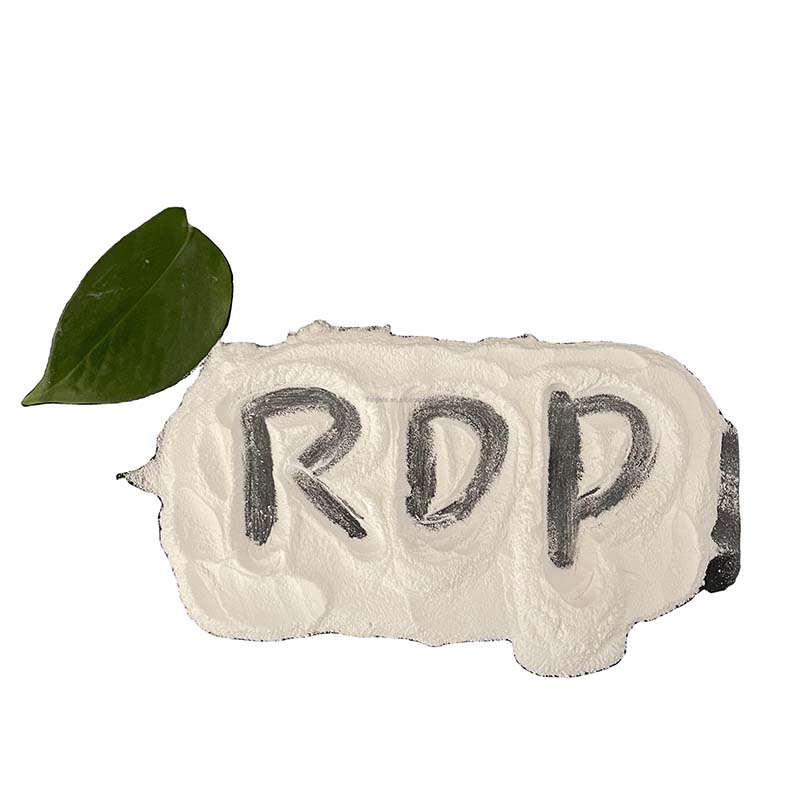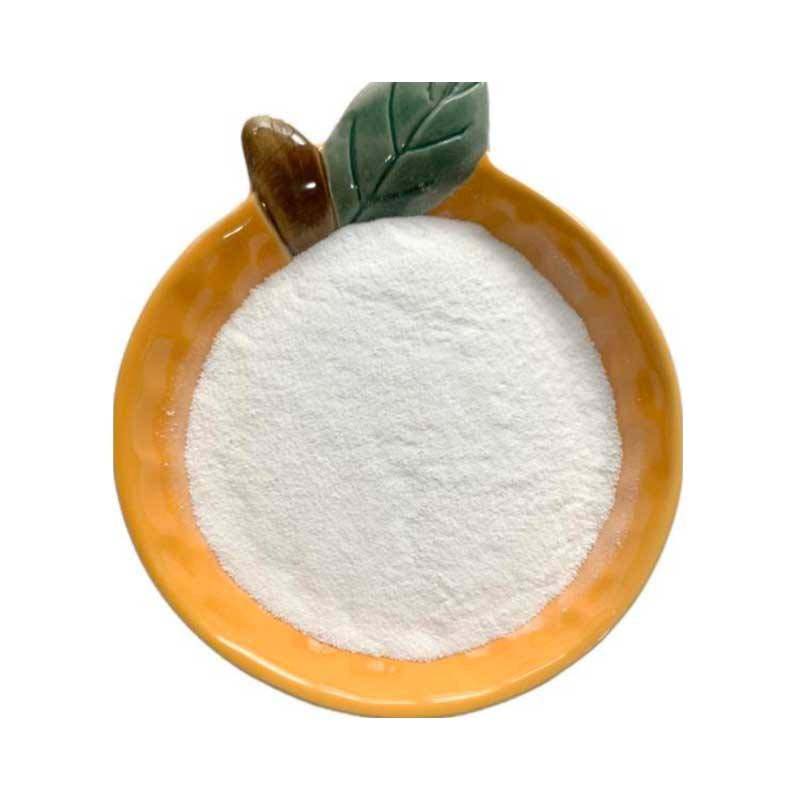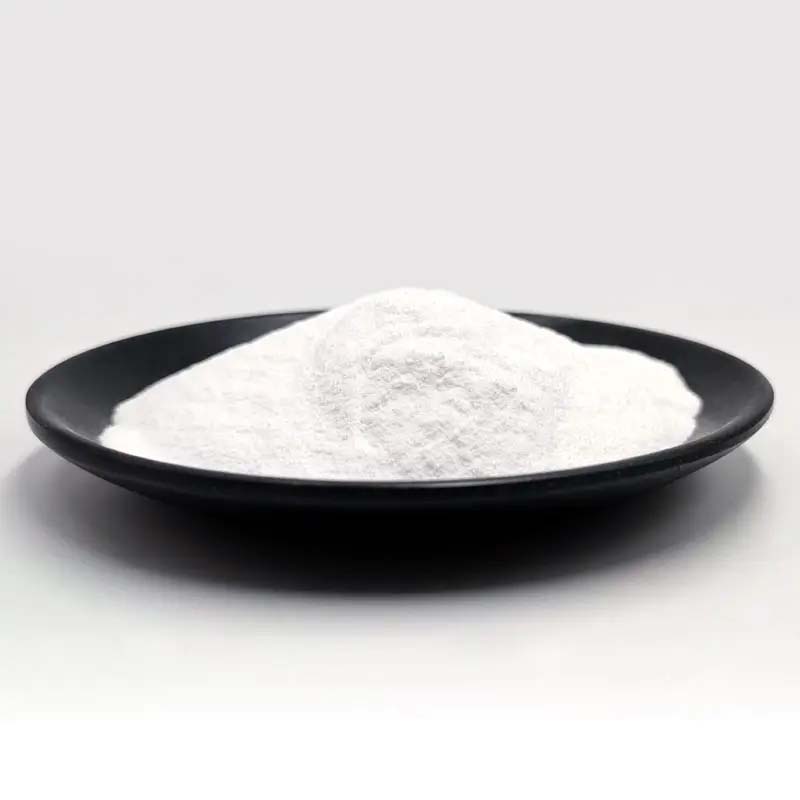RDP-VAE (Redispersible Polymer Powder)
Redispersible polymer powders (RDP) are free-flowing, white powders made by spray-drying synthetic polymer emulsions, typically based on vinyl acetate-ethylene (VAE), acrylic, or styrene-butadiene copolymers. These powders can instantly redisperse in water, reforming a stable emulsion that enhances the performance of cementitious and gypsum-based materials. When incorporated into dry-mix mortars, RDP forms a flexible polymer film upon curing, improving adhesion, flexibility, water resistance, and durability. The key advantage of RDP is its ability to combine the benefits of liquid polymer dispersions with the convenience of a dry powder, making it ideal for construction applications where storage stability and ease of use are critical.
How Is Redispersible Polymer Powder Made?
Redispersible polymer powder is produced through a spray-drying process. First, a polymer emulsion (such as VAE or acrylic) is synthesized through emulsion polymerization. The liquid emulsion is then mixed with protective colloids (like polyvinyl alcohol, PVA) to prevent particle coagulation during drying. This mixture is fed into a spray dryer, where it is atomized into fine droplets and exposed to hot air, evaporating the water and leaving behind solid polymer particles. Anti-caking agents (such as silica or clay) are added to ensure the powder remains free-flowing and stable during storage. The final product is a fine, dust-free powder that can be easily redispersed in water when needed, reforming a stable polymer emulsion for use in mortars and plasters.
What Is RDP Chemical Used For?
RDP is widely used in construction materials to enhance performance and durability. In tile adhesives, it improves bond strength and flexibility, preventing tile detachment. For external thermal insulation systems (ETICS), RDP enhances crack resistance and water repellency. In self-leveling floor compounds, it reduces shrinkage and improves flow properties. Repair mortars benefit from RDP’s increased adhesion to old concrete and reduced brittleness. Additionally, gypsum-based plasters gain improved workability and reduced cracking when modified with RDP. Its versatility makes it a key additive in modern dry-mix mortars, ensuring long-term performance in demanding construction environments.
Properties and Benefits of Redispersible Polymer Powders (RDP)
Redispersible polymer powders are essential additives in modern construction materials, offering unique performance-enhancing properties. When incorporated into dry-mix mortars and activated by water, these powders transform into stable dispersions that form flexible, adhesive polymer films upon curing. These films significantly improve the elasticity, bond strength, and durability of cementitious and gypsum-based systems.
RDP products are categorized based on their mechanical properties, ranging from highly elastic formulations (with lower adhesion) to rigid types (with superior adhesion), and balanced medium-elastic varieties. Some specialized grades incorporate hydrophobic modifications for enhanced water resistance. The most common types include:
Vinyl Acetate-Ethylene (VAE) polymers, which combine the flexibility of ethylene with the strong adhesion of vinyl acetate. These versatile powders provide excellent cohesion, flexibility across temperature variations, and superior adhesion to challenging substrates like plastics and wood.
These polymer-modified systems enhance mortar performance by improving tensile strength, reducing shrinkage cracks, and increasing substrate adhesion - all while maintaining good workability and application properties. The result is more durable, reliable construction materials with extended service life.




